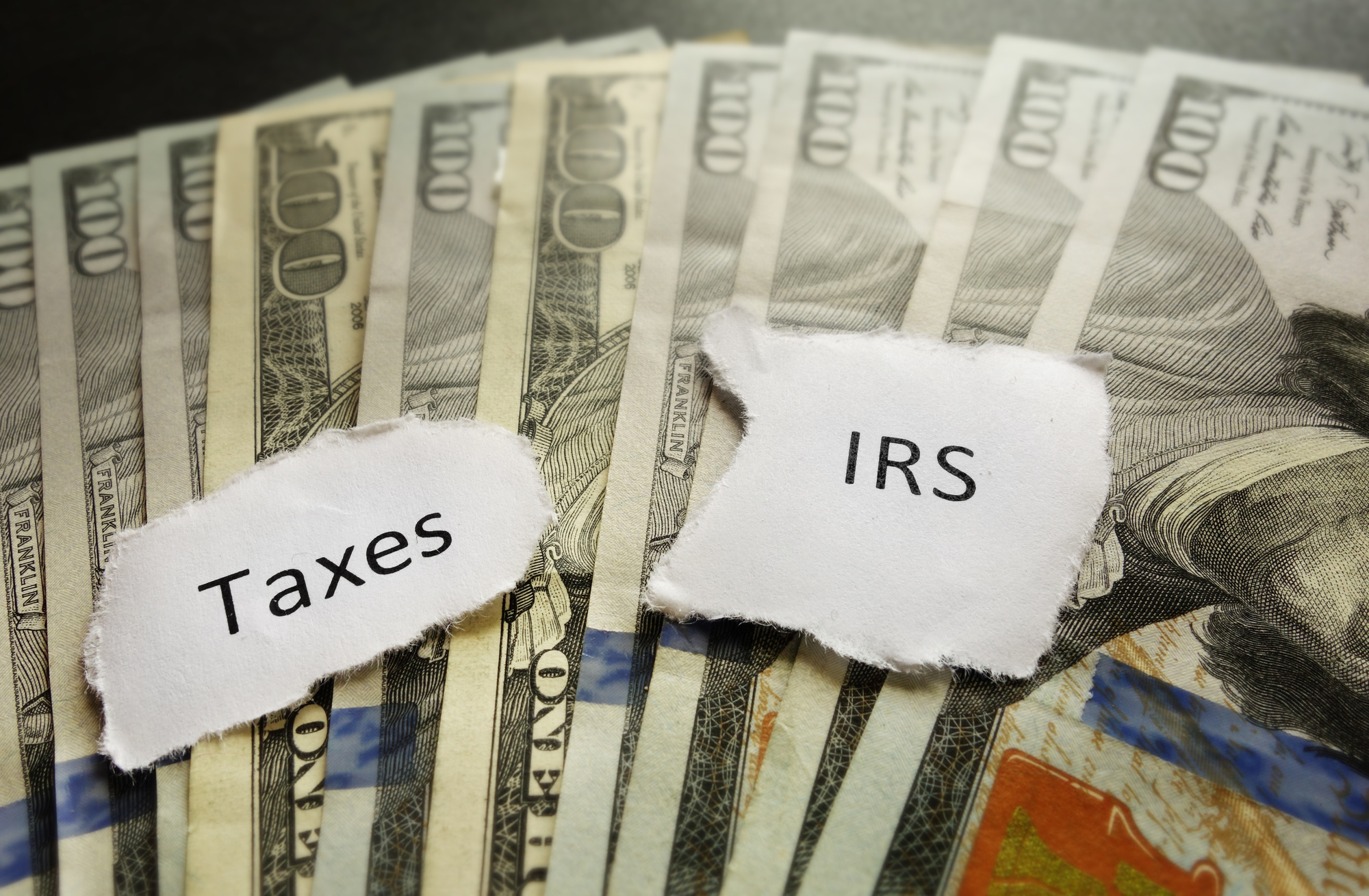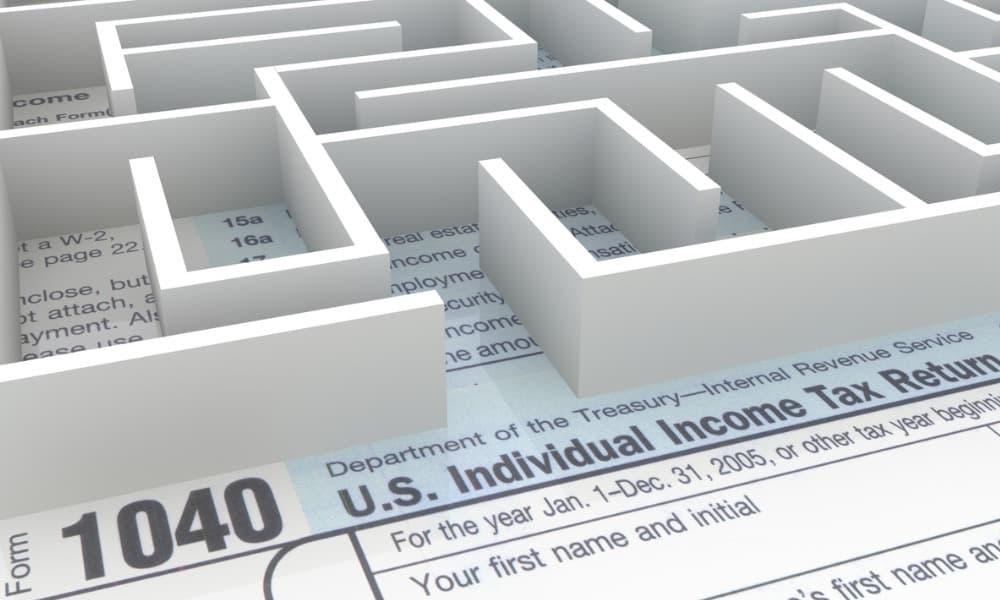The average American pays at least $10,000 each year in taxes.
However, sometimes this number isn’t always accurate. It’s entirely possible to overpay or underpay taxes if you make mistakes when filing your tax returns.
If this has happened to you, you may be able to amend your tax returns. Doing so can ensure you’re paying the right amount in taxes—and getting your maximum refund in your amended tax return.
The good news is you can file an amended return after they have been accepted and processed.
But how far back can you amend taxes after their due date, and what tax mistakes qualify?
Keep reading for answers to these questions and more!

What Does it Mean to Amend My Taxes?
Amending taxes means modifying a tax return the government has already accepted.
You can amend your taxes for very specific reasons. If you need to change your filing status, you should amend. The same goes for if you need to correct income reporting, deductions, and credits.
If you’ve made errors related to basic math, you don’t have to amend your tax return. The IRS will actually make the changes for you!
A lot of taxpayers assume they need to file an amended return if they forgot to submit a specific form. Missing forms don’t require an amended tax return, however. In this case, the IRS will reach out to you and request the missing item.
If you receive a corrected tax form after you have filed an amended tax return, however, you should amend your return.
To amend taxes, taxpayers have to fill out a specific tax form (typically Form 1040X) and mail it to the IRS. This only applies if you have already submitted your tax return and it has been accepted by the government.
You can’t amend a return that has been “rejected” or is “pending” acceptance. Nor are you making amends when you make changes to a return you haven’t yet submitted.

How Far Back Can You Amend Taxes?
The IRS has very specific rules about when you can amend your taxes.
You can amend your taxes up to three years from the date you filed the original tax return and up to two years from the time you paid that year’s tax.
The good news is that the IRS accepts the later date of these situations.
So, if you’ve been scrutinizing your 2016 tax return and have found a tax mistake, you have until mid-April 2019 to file an amended tax return.
You can also amend multiple tax returns in one year. However, you will have to fill out a separate Form 1040X for each year and mail these in separate envelopes.
Lastly, taxpayers can only amend their taxes via paper—not e-filing. You may also have to wait up to 16 weeks for your amended return to be processed.

Is There an Audit Risk to Amending a Tax Return?
A lot of taxpayers are concerned that they will be at greater risk of an IRS audit if they file an amended tax return or make an amendment to a prior return.
This fear makes sense. If you’ve made a filing error, shouldn’t the IRS be worried?
In general, however, the IRS won’t audit you just for submitting an amended return. In fact, no data exists to prove that filing an amended return increases your audit risk.
Amended Tax Returns are an opportunity to tell the IRS that you messed up the first time, but you’re committed to getting it right now.
Real people (rather than machines) also process amended returns, and these humans will assess your amendment request for “reasonableness.” In some cases, the IRS may ask you additional questions to make sure everything tallies up.
Simply make sure you’ve filled out Form 1040X correctly and attached relevant supporting documents, and you shouldn’t have to worry about getting audited.

Avoid Tax Mistakes in the Future
Filing taxes can be an unnecessarily confusing and complicated process. For this reason, it’s all too common for Americans to make errors in their tax returns.
Make sure you are taking the right precautions for minimizing filing errors. Here are a few things to keep in mind.
1. E-File, E-File, E-File
You are far more likely to submit an error-free tax return if you file electronically. In fact, the IRS estimates that there is a 21% error rate for filed paper returns!
Often these paper filing errors come down to miscalculations.
After all, standard tax paperwork can be overwhelming and detailed. It’s all too easy to miss a step or type the wrong number into your calculator.
Yet paper filing errors can also overlook credits, deductions, and taxable income.
Make sure you are filing electronic returns so that you don’t have to worry about amending taxes in the future. If you do file a paper return, hire an accountant for accurate tax reporting.
2. Understand Your Taxable Income
This is perhaps the greatest piece contributing to filing errors. A lot of taxpayers are simply not aware of what counts as taxable income.
For example, did you know that you have to pay taxes on gambling winnings?
E-filing can help in this respect. Programs like TurboTax, for example, walk taxpayers through all possible income scenarios according to their tax bracket.
Visiting the IRS’s website can also help. Learn more about U.S. taxable income here and income tax returns.
Along the same lines, it’s vital to understand all of the deductions and credits you are eligible for. Doing so can ensure you are earning the highest refund every year.
3. Know Your Tax Bracket and Filing Status
Other errors that require amendment include filing under the wrong tax bracket or status.
This is especially applicable to people who’ve recently had life changes that change filing status, such as a divorce, marriage, or birth.
Make sure you are filing as the right kind of taxpayer and under the right kind of tax bracket. Learn more here.

Final Thoughts: Amending Tax Returns
You can amend your tax returns if you’ve made an error related to filing status, income, deductions, or credits.
So how far back can you amend taxes?
You are able to amend taxes up to three years after filing the original return or two years after you paid income tax (if you filed late).
Doing so can ensure you’re paying the appropriate tax balance and earning the refund you deserve.
Now you know all about tax return amends. What about figuring out how much you actually owe the IRS? Click here to learn more!








